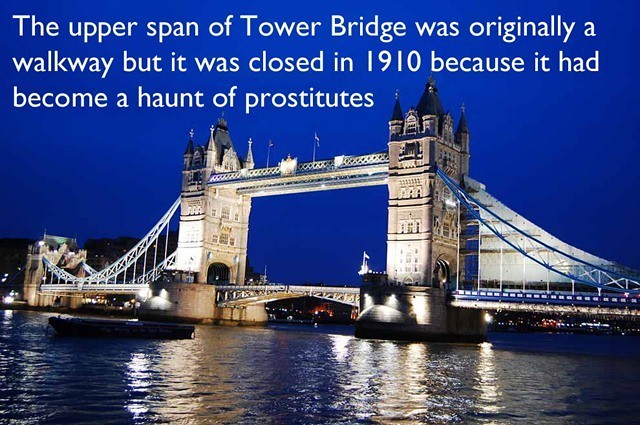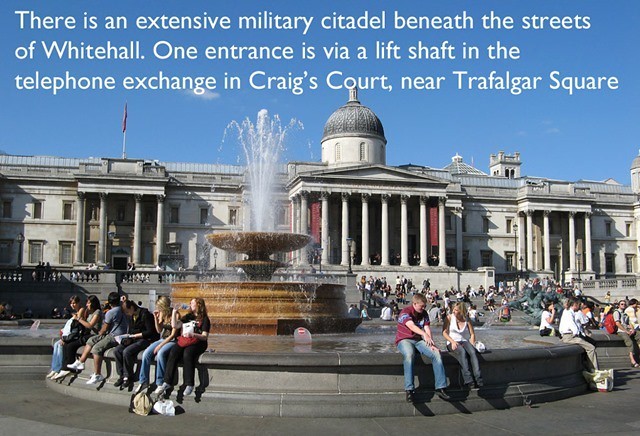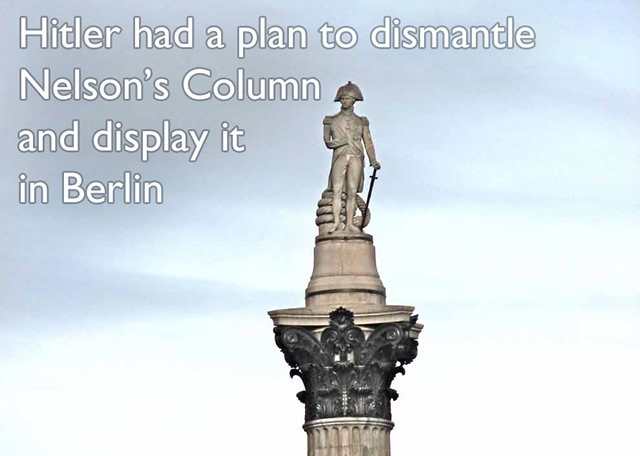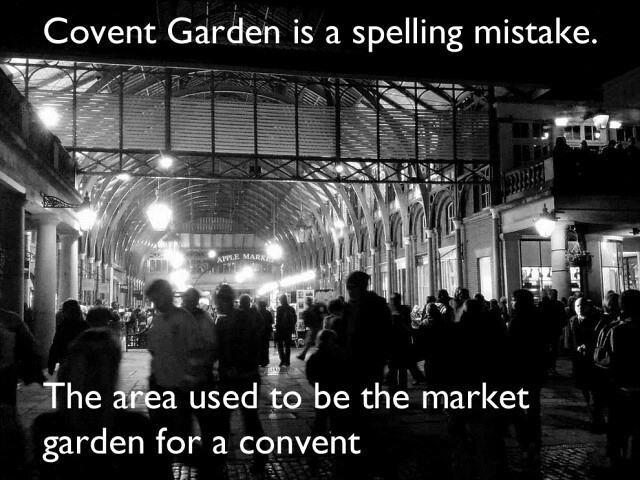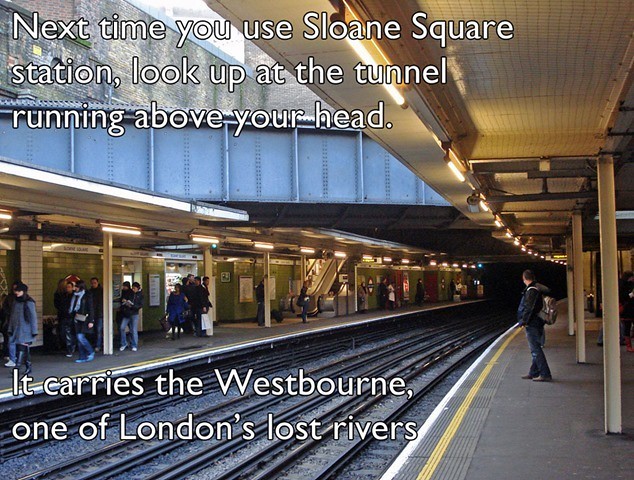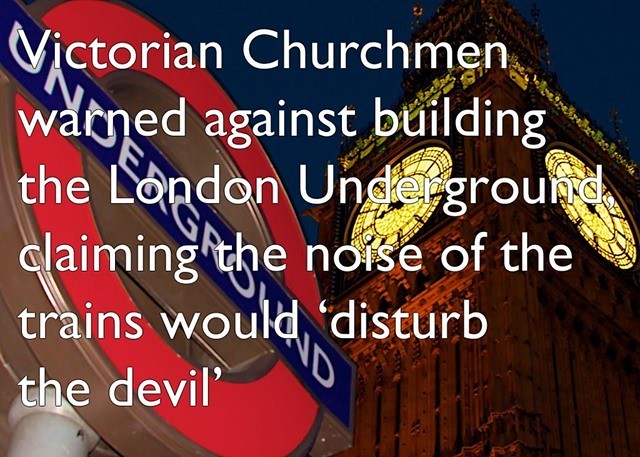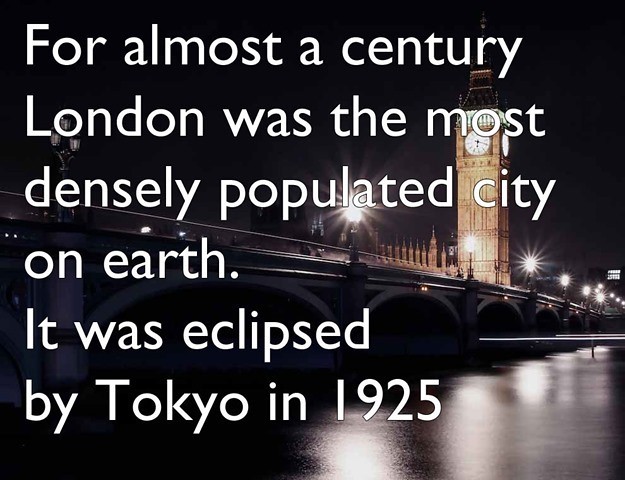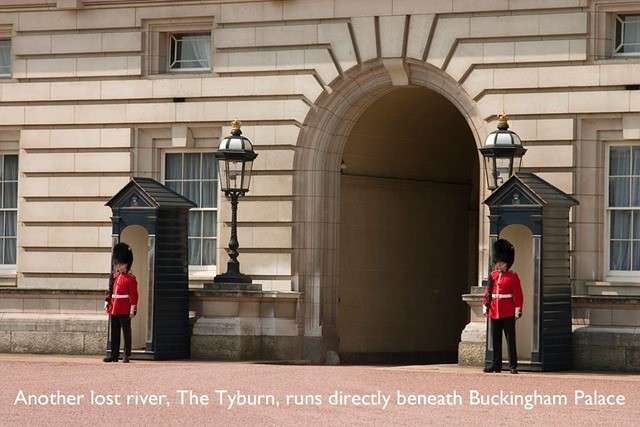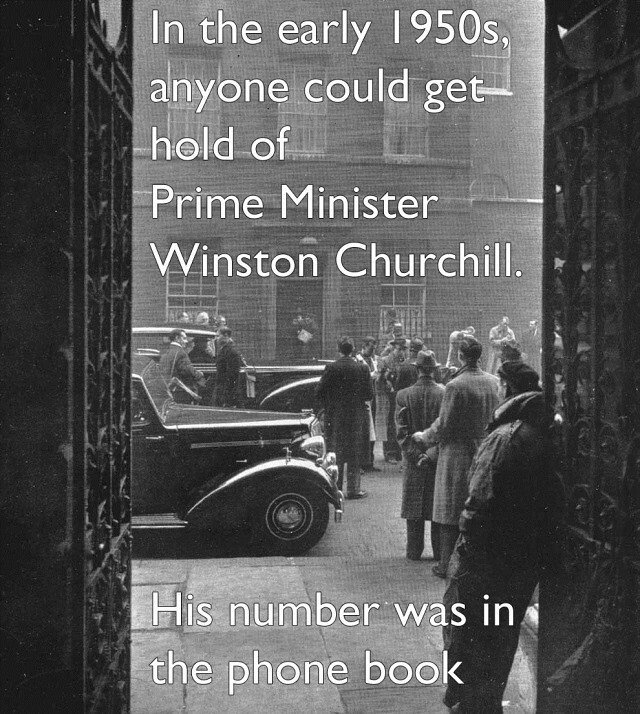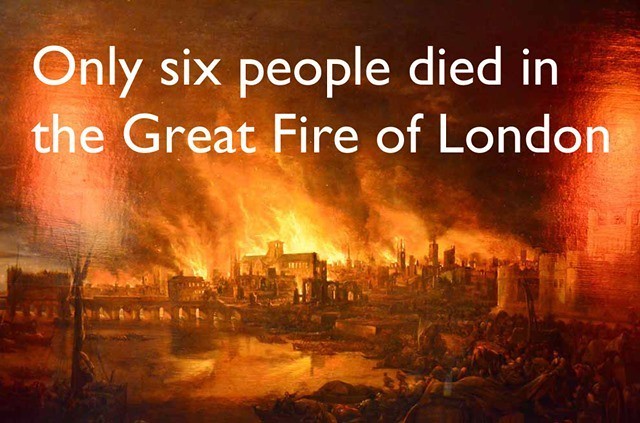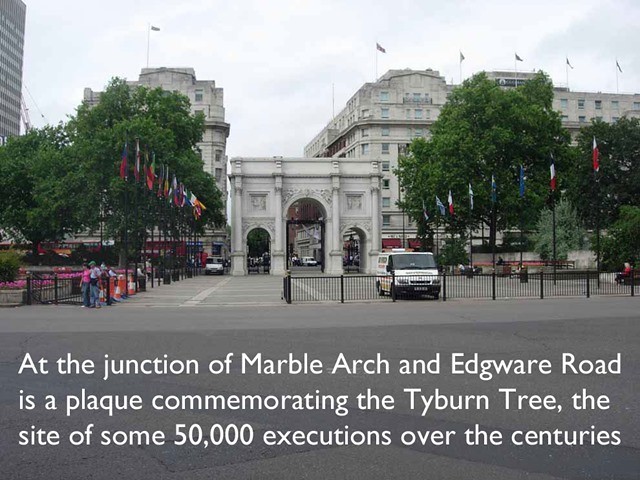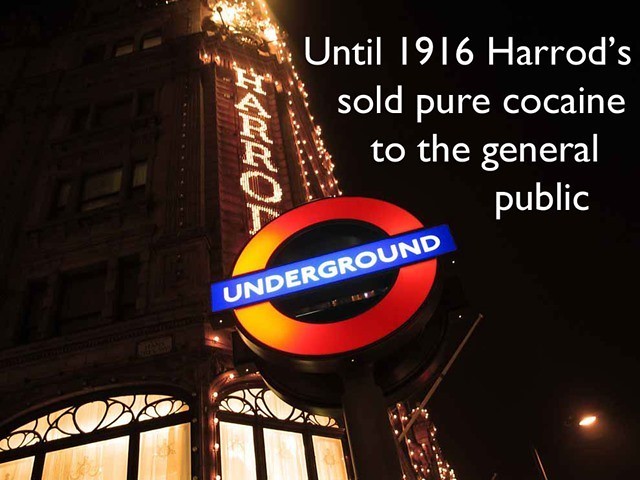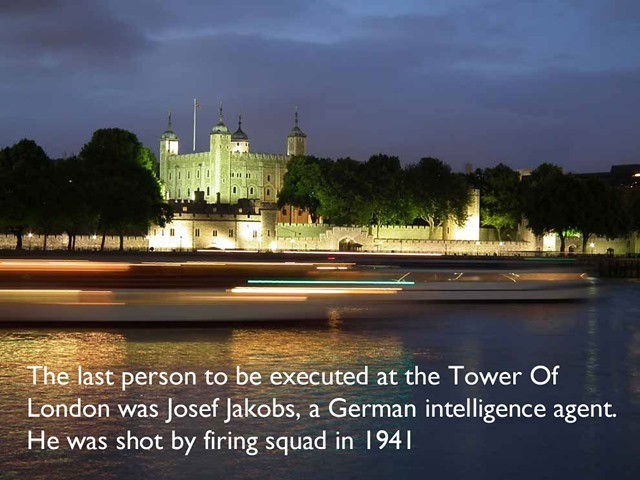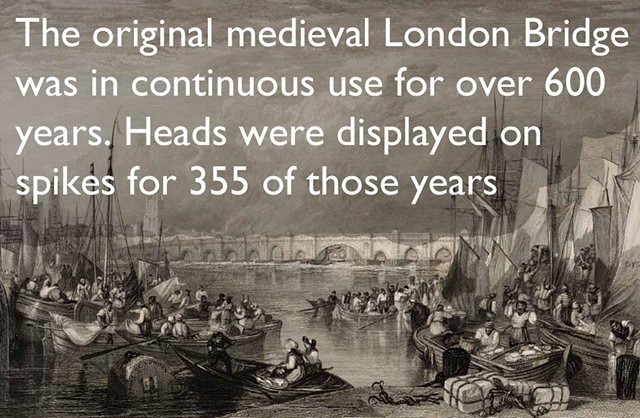Fascinating London Facts
May 28, 2015 by David Herd
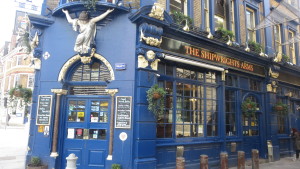
Tower Bridge London
Fascinating London Facts
Fascinating London Facts, here is a collection of interesting facts about this wonderful city that has been around for 6000 years.
Although the bridge is an undoubted landmark, professional commentators in the early 20th century were critical of its aesthetics. “It represents the vice of tawdriness and pretentiousness, and of falsification of the actual facts of the structure”, wrote H. H. Statham, while Frank Brangwyn stated that “A more absurd structure than the Tower Bridge was never thrown across a strategic river”
Trafalgar Square
It is situated in the City of Westminster. At its centre is Nelson’s Column, which is guarded by four lion statues at its base. The name commemorates the Battle of Trafalgar, a British naval victory of the Napoleonic Wars over France and Spain which took place on 21 October 1805 off the coast of Cape Trafalgar, Spain.
Nelson’s Column
Nelson’s Column is a monument in Trafalgar Square in central London built to commemorate Admiral Horatio Nelson, who died at the Battle of Trafalgar in 1805. The monument was constructed between 1840 and 1843 to a design by William Railton at a cost of £47,000.
Fascinating London Facts
Covent Garden is a district in London on the eastern fringes of the West End, between Charing Cross Road and Drury Lane. It is associated with the former fruit and vegetable market in the central square, now a popular shopping and tourist site, and the Royal Opera House, which is also known as “Covent Garden”.
Westbourne River
The waters of the Westbourne or Bayswater were originally pure and in 1437 and 1439 conduits were laid to carry water from the Westbourne into the City of London, for drinking. In the nineteenth century, however, the water became filthy and impure by its use as a sewer, and the rise of the water closet as the prevailing form of sanitation.
London Underground
The idea of an underground railway linking the City of London with some of the railway termini in its urban centre was proposed in the 1830s, and the Metropolitan Railway was granted permission to build such a line in 1854
Overtaken by Tokyo
In 2015 London’s population has hit 8.6m people, according to the Greater London Authority – and the last time it was that big was 76 years ago. The metropolis is already Europe’s largest city and the 6th richest place on Earth. Here are some key facts about the capital.
Another lost river
London’s rivers are invisible threads, binding London together under the surface while the city roars above. They were here long before people or buildings arrived. They are a hidden system for cutting through the layers on which London stands, and revealing the many places London used to be.
Winston Churchill
Widely regarded as one of the greatest wartime leaders of the 20th century, Churchill was also an officer in the British Army, a historian, a writer (as Winston S. Churchill), and an artist.
Great fire of London
The Great Fire of London was a major conflagration that swept through the central parts of the English city of London, from Sunday, 2 September to Wednesday, 5 September 1666. The fire gutted the medieval City of London inside the old Roman city wall. It threatened, but did not reach, the aristocratic district of Westminster, Charles II’s Palace of Whitehall, and most of the suburban slums. It consumed 13,200 houses, 87 parish churches, St Paul’s Cathedral and most of the buildings of the City authorities.
It is estimated to have destroyed the homes of 70,000 of the City’s 80,000 inhabitants. The death toll is unknown but traditionally thought to have been small, as only six verified deaths were recorded. This reasoning has recently been challenged on the grounds that the deaths of poor and middle-class people were not recorded, while the heat of the fire may have cremated many victims leaving no recognisable remains.
Fascinating London Facts
The arch also stands close to the former site of the Tyburn gallows (sometimes called ‘Tyburn Tree’), a place of public execution from 1388 until 1793.
Harrods
Up to 300,000 customers visit the shop on peak days, comprising the highest proportion of customers from non-English speaking countries of any department store in London. More than five thousand staff from over fifty different countries work at Harrods.
Tower of London
The Tower of London has become established as one of the most popular tourist attractions in the country. It has been a tourist attraction since at least the Elizabethan period, when it was one of the sights of London that foreign visitors wrote about. Its most popular attractions were the Royal Menagerie and displays of armour.
The Crown Jewels also garner much interest, and have been on public display since 1669. The Tower steadily gained popularity with tourists through the 19th century, despite the opposition of the Duke of Wellington to visitors. Numbers became so high that by 1851 a purpose-built ticket office was erected. By the end of the century, over 500,000 were visiting the castle every year.
London Bridge
By the end of the 18th century, it was apparent that the old London Bridge — by then over 600 years old — needed to be replaced. It was narrow and decrepit, and blocked river traffic. In 1799, a competition for designs to replace the old bridge was held.
Thanks for taking the time to visit my post on Fascinating London Facts.
As well as Fascinating London Facts here are some of my recent London posts.
Pattaya Hilton
This is the view from Horizons the amazing rooftop bar. A great five star hotel located opposite the beach & above the Central Festival shopping mall. Just book through THIS LINK for an excellent room rate.
Counter only started June 16 2020.
This gallery contains 2 photos
